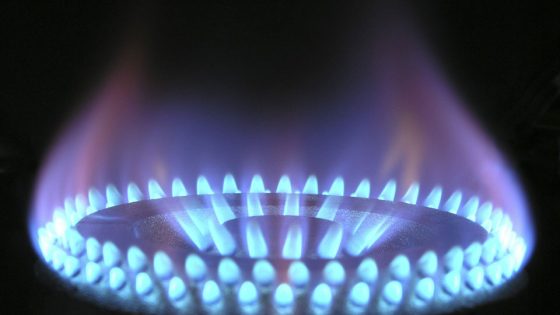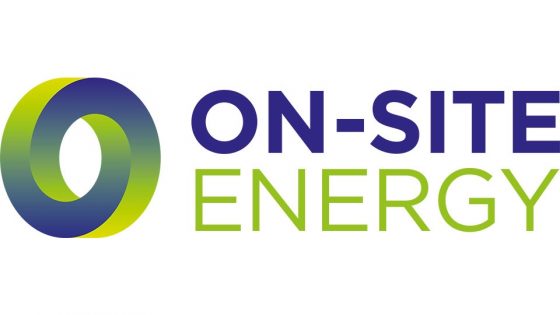The European Commission has approved, under EU State aid rules, a €6.5 billion German scheme to partially compensate energy-intensive companies to address the risk of carbon leakage from higher fuel prices resulting from the German fuel emission trading system (‘German fuel ETS’).
Germany notified the Commission of its plan to support energy-intensive companies exposed to international competition by covering part of the higher fuel prices resulting from the German fuel ETS. The scheme will cover costs incurred between 2021 and 2030. The support measure is aimed at reducing the risk of ‘carbon leakage’, where companies relocate their production to countries with less stringent emission rules, resulting in increased greenhouse gas emissions globally.
The measure will benefit companies active in sectors and sub-sectors listed the EU ETS Carbon Leakage List. Those sectors face significant emission costs and are particularly exposed to international competition.
The compensation will be granted to eligible companies through a partial refund of the additional costs incurred in the previous year, with the final payment to be made in 2031. The level of compensation is between 65% and 95% of the costs, depending on the emission intensity of the beneficiaries.
In order to maintain incentives for beneficiaries to switch to less polluting fuels, the aid amount is calculated based on fuel and heat benchmarks. The beneficiaries bear a certain share of the additional costs resulting from the German fuel ETS, corresponding to 150 tCO2 per year, for which no aid will be granted.
In order to qualify for compensation, beneficiaries will have to invest at least 50% (as of 2025 at least 80%) of the aid amount in (i) measures identified in their ‘energy management system’, setting out energy efficiency objectives and a strategy to achieve them; or (ii) the decarbonisation of their production processes.
The Commission assessed the measure under EU State aid rules, in particular Article 107(3)(c) of the Treaty on the Functioning of the European Union (‘TFEU’) which enables Member States to support the development of certain economic activities subject to certain conditions.
The Commission found that the scheme is necessary and appropriate to support energy-intensive companies to cope with higher fuel costs resulting from the German fuel ETS in order to reduce the risk of carbon leakage.
Moreover, the Commission considers that by making the aid conditional upon energy efficiency and decarbonisation efforts, the measure contributes to the objective of maximising the incentives for a cost-effective decarbonisation of the economy. It therefore supports the EU’s climate and environmental objectives and the goals set in the European Green Deal. Furthermore, the Commission concluded that the aid granted is limited to the minimum necessary and will not have undue negative effects on competition and trade in the EU.
On this basis, the Commission approved the German scheme under EU State aid rules.






